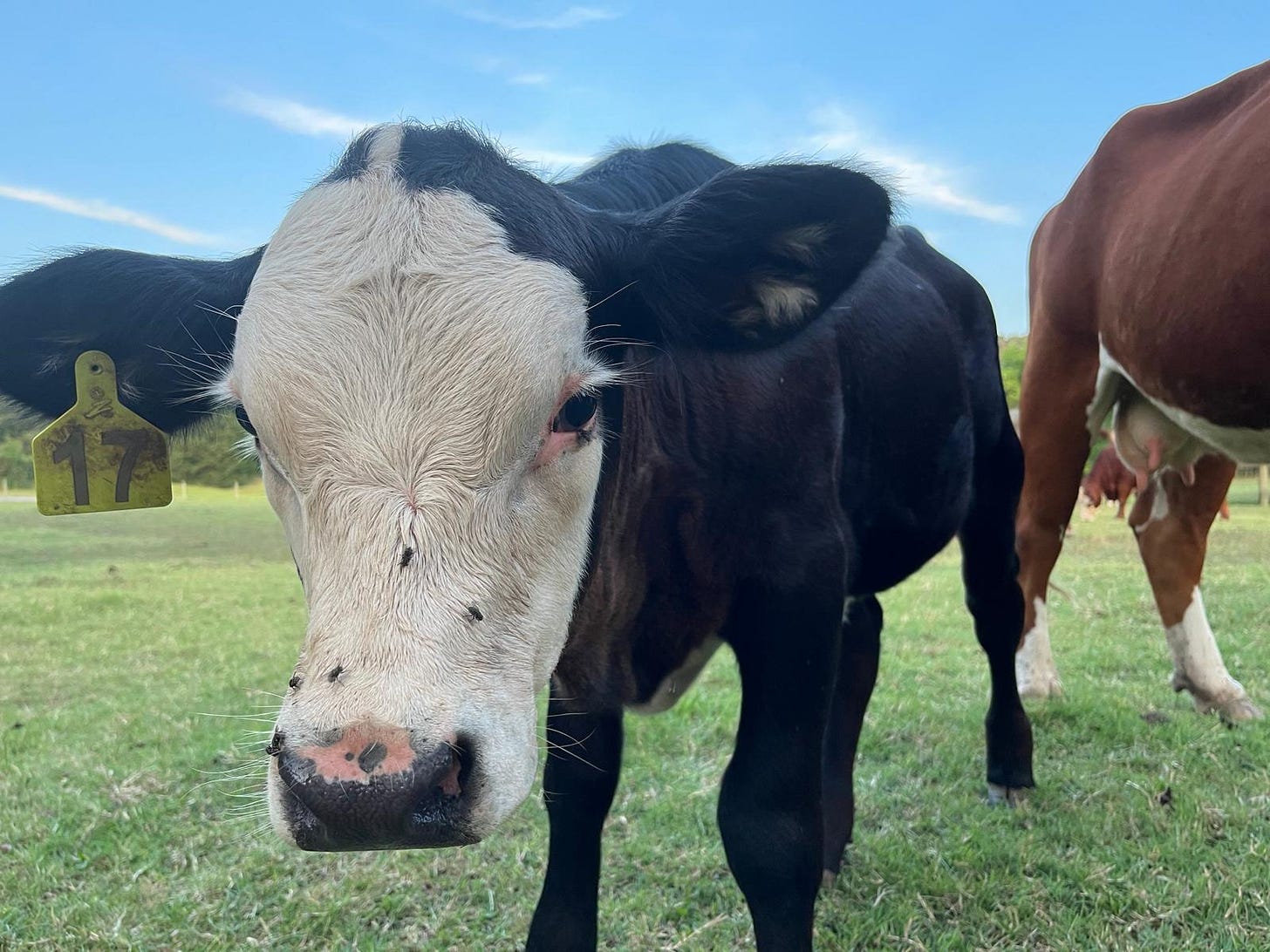Fourth of July is a holiday weekend here in the United States, and we thought we would do something fun... so we put together some cute animal pics! send out some cute animal photos!
But before we get into that, I want to thank everyone who registered for Sequoia Samanvaya's Fourth of July webinar on the indigenous roots of democracy that happened this past Thursday. Over 70 people registered! What a great sign! In the words of one of the participants, it was "wow" and "magnificent." :-) You can still receive the recording, the resource document, and attend the follow up conversation on Sunday, July 21. We are keeping this open through Friday July 19, so please do register to get a chance to listen to and engage with what many people are calling 'such critically important histories at a time when we really need them!"
And now - some reflections on the super important animal-human connection! To do this we are sharing images from our community. None of these are stock photos!
Animals are a really important part of our life - as pets, as livestock, as friends, as fellow-travelers. As friends and companions. Animals are certainly part of eco-spirituality. Encounters with wild animals can change people's lives, connecting them with nature in profound ways. How we relate with different kinds of animals is a key part of our history: we can understand social and political history as much through animals as through other dimensions (such as foods, like sugar and tobacco).
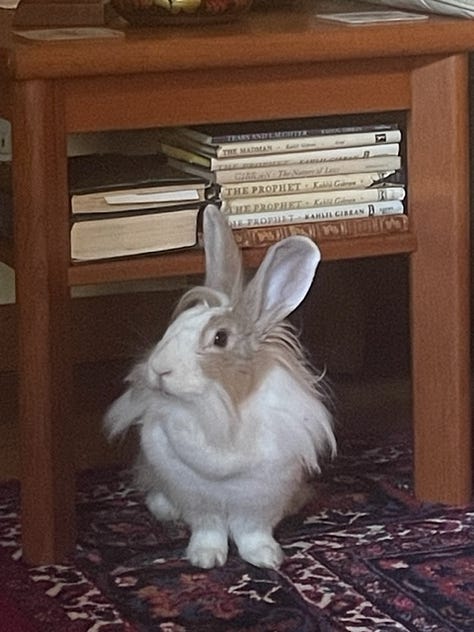
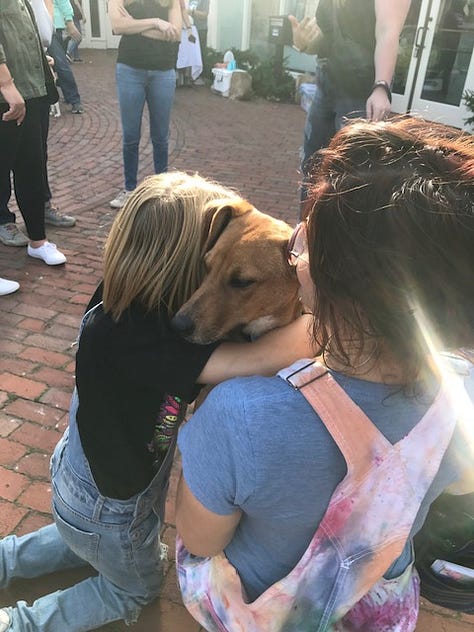
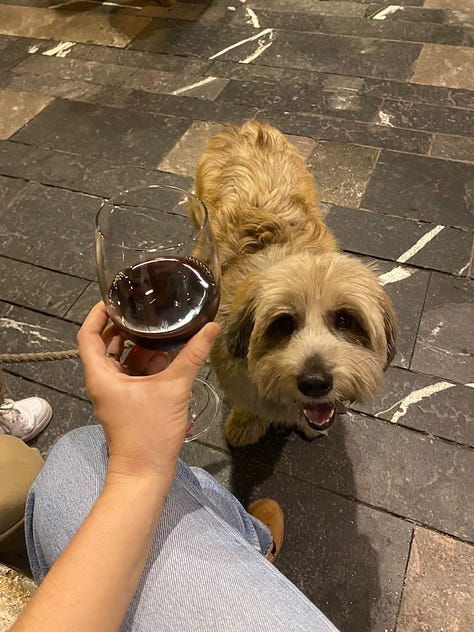
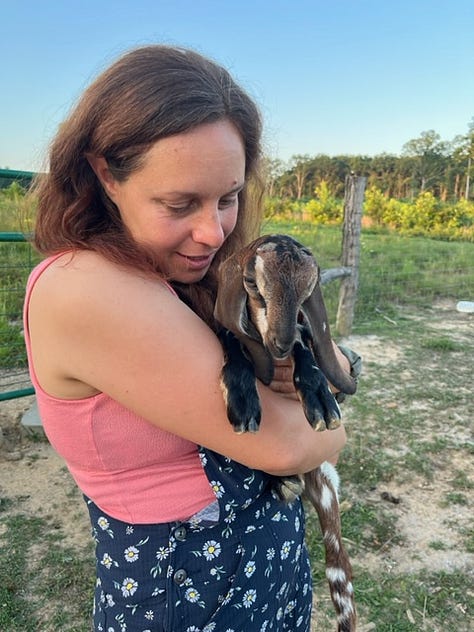
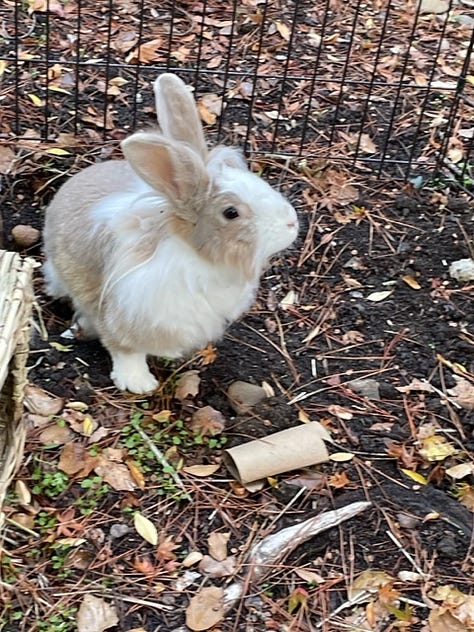
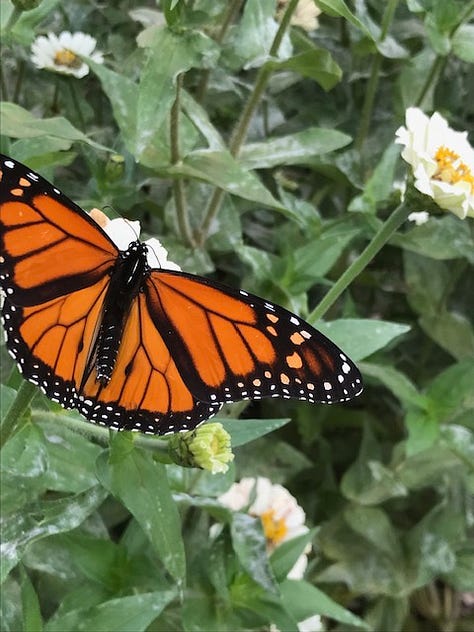
While the goal here is to be light, it's worth bringing up a really important aspect of the human-animal connection: the challenges facing how do we care for our animals. The vet industry is having some serious problems. There are not enough trained vets to meet the demand, meaning that vets are often overwhelmed. Pay is poor in comparison with their level of debt. Pet-owners sometimes release their sadness or anger on the staff. Combined with these and other factors, suicide rates amongst (especially female) vets are high. That is certainly impacting rural communities - both in animal care, and in caring for people. Vets are often the people who spot possible threats to public health early on. Different places are responding differently to this.
While there is a real livelihood opportunity for people in rural communities to go into vet tech care, it depends on having enough educational opportunities that are accessible to rural communities AND in increasing the wages of vet techs. Often, they are not paid a minimal wage - despite having to go through a significant training program and competing a national exam.
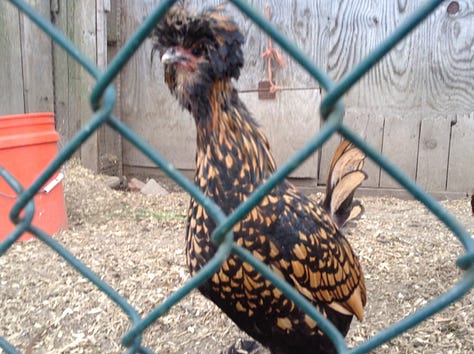
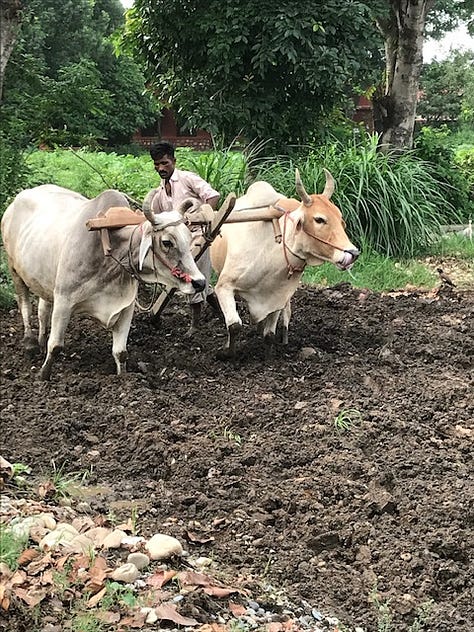
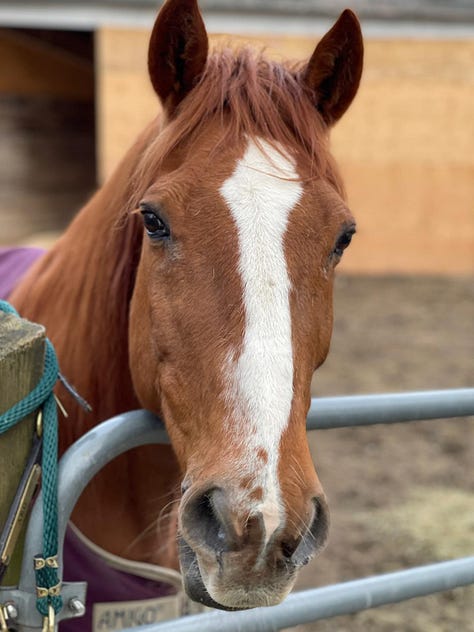
On a more positive note, this is all happening at the same time that understanding of animals and of the animal-human communication is rising. There is increased appreciation for the real role that pets have in people's lives, and it is less shameful than it used to be to talk about feeling grief when a pet passes. There is a rise of interest in how animals communicate with one another and with humans. We now have scientific evidence that elephants not only talk to each other, but they have names and dialects and a variety of forms of communications. We are having increasing ways of understanding and interpreting animal-human communications.
These all shed greater light on ourselves as humans, as well. Will increased knowledge help us treat animals better? We hope so!
In the meantime, I hope you enjoy the animals - wild, domesticated, pets, and your fellow human-animals this holiday weekend!





